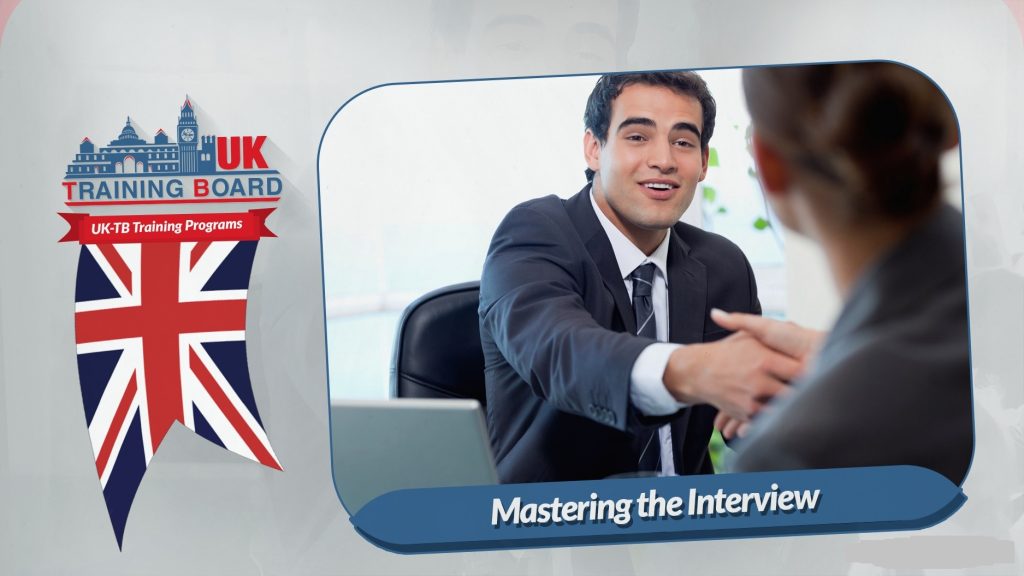Panel interviews, where a candidate faces multiple interviewers simultaneously, have become a common part of the hiring process in many organisations. These interviews are designed to provide a more comprehensive evaluation of a candidate’s qualifications and fit for a role. However, they can also be intimidating and challenging to navigate. In this blog, we’ll explore the pros and cons of panel interviews and offer practical advice on how to navigate them successfully.
The Pros of Panel Interviews:
- Diverse Perspectives: One of the significant advantages of panel interviews is the diverse range of perspectives they offer. Multiple interviewers from different departments or backgrounds can provide a well-rounded assessment of a candidate’s skills, qualifications, and cultural fit within the organisation.
- Efficient Process: Panel interviews can be more efficient than conducting separate one-on-one interviews. This approach saves both the candidate’s and the interviewers’ time, making the hiring process more streamlined.
- Comprehensive Evaluation: Panel interviews allow for a thorough evaluation of a candidate’s ability to handle pressure, communicate effectively, and respond to different types of questions. It also enables interviewers to dig deeper into a candidate’s qualifications and experiences.
- Consistency: Panel interviews can lead to more standardised assessments since multiple interviewers evaluate the same candidate. This reduces the risk of interviewer bias and increases fairness in the hiring process.
- Realistic Simulation: For some roles, panel interviews can simulate real working conditions, as team members often collaborate and discuss projects together. It provides a glimpse into how a candidate might perform within a team.
The Cons of Panel Interviews:
- Intimidating Atmosphere: Facing multiple interviewers at once can be intimidating for candidates. It may increase nervousness and hinder the ability to perform at one’s best.
- Limited Interaction: In a panel interview, candidates may have limited opportunities for one-on-one interaction with interviewers. This can make it challenging to establish a personal connection or rapport.
- Different Interviewer Styles: Each panel member may have a unique interviewing style, which can create inconsistency in the candidate’s experience. Some interviewers may be more focused on technical skills, while others may emphasise cultural fit.
- Potential for Interruptions: During panel interviews, candidates may experience interruptions from different interviewers, which can disrupt their thought process or make it difficult to complete their responses coherently.
- Longer Interviews: Panel interviews often take more time compared to one-on-one interviews. This extended duration can be mentally taxing for candidates and interviewers alike.
Navigating Panel Interviews Successfully:
Now that we’ve discussed the pros and cons of panel interviews, let’s explore some strategies to help you navigate them successfully:
- Preparation is Key: Research the company, its culture, and the interviewers in advance.Anticipate the types of questions you may encounter and prepare your responses. Consider how your experiences and qualifications align with the job requirements and be ready to highlight these points.
- Address All Panel Members: Make eye contact and engage with each panel member, not just the person who asked the question.Ensure that your responses are inclusive and relevant to the concerns of each interviewer.
- Stay Calm and Confident: Remember that the panel is interested in your qualifications, so maintain your composure.Take a moment to collect your thoughts before responding to complex questions.If you feel overwhelmed, take a deep breath and ask for clarification if necessary.
- Use the STAR Method: When responding to behavioural questions, use the STAR method (Situation, Task, Action, Result) to provide structured and comprehensive answers.Share specific examples from your experiences that demonstrate your skills and qualifications.
- Address Interruptions Gracefully: If interrupted, remain courteous and composed.Politely ask for a moment to complete your thought or request that the interviewer’s question be clarified.
- Show Your Appreciation: After the panel interview, send a thank-you email to each panel member.Express your gratitude for the opportunity and reiterate your interest in the position.
- Reflect and Learn: Regardless of the outcome, reflect on your performance in the panel interview.Identify areas where you excelled and areas that may need improvement for future interviews.
- Seek Feedback: If possible, ask for feedback from the interviewers or the hiring manager about your interview performance.Use this feedback to enhance your interview skills and adapt for future panel interviews.
- Practise: Consider doing mock panel interviews with friends, mentors, or career coaches to gain experience and build confidence in this format.
Panel interviews are a valuable tool for organisations to assess candidates comprehensively. While they come with their own set of challenges, being well-prepared and maintaining composure can help you navigate them successfully. Remember that panel interviews are an opportunity to showcase your qualifications, skills, and adaptability in a team-based evaluation process. By using the strategies and tips outlined in this blog, you can approach panel interviews with confidence and increase your chances of securing the job you desire.



